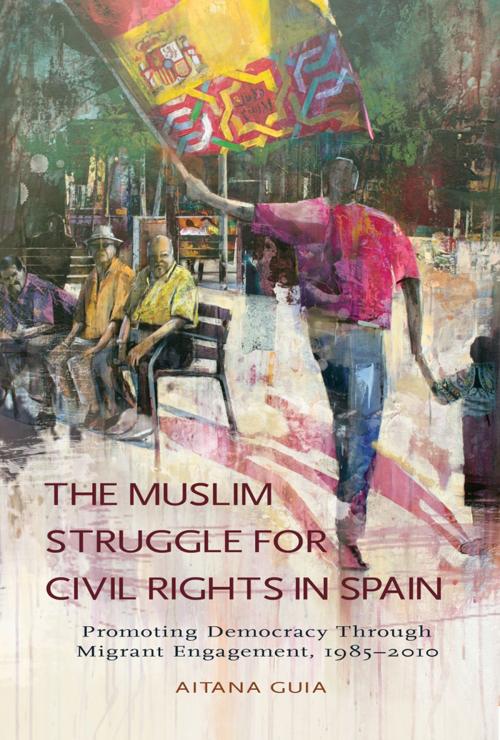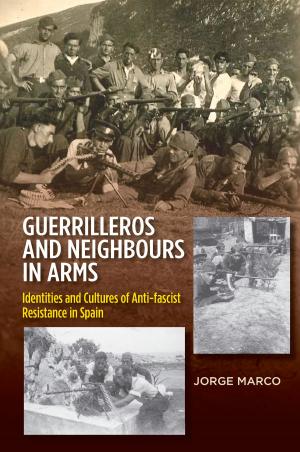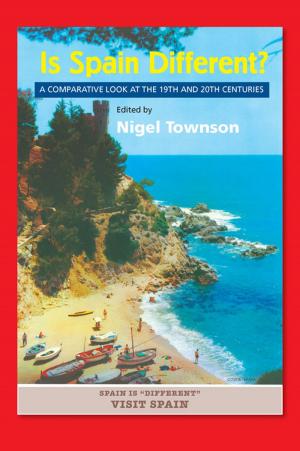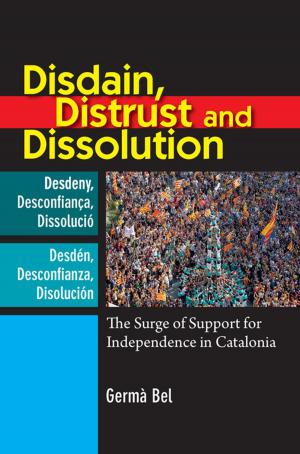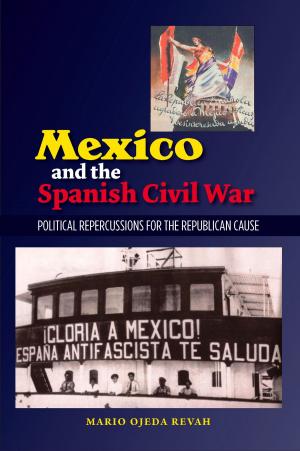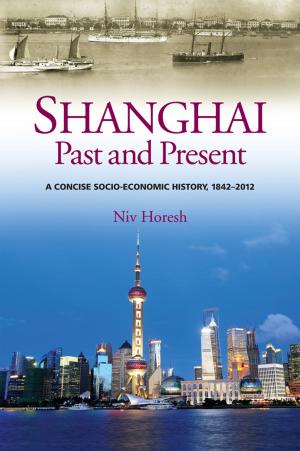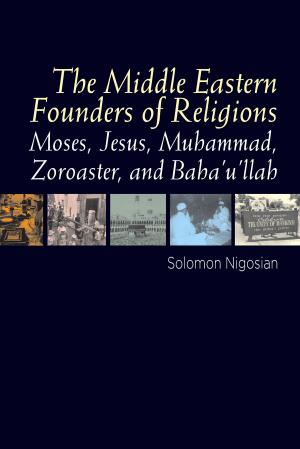The Muslim Struggle for Civil Rights in Spain
Promoting Democracy Through Migrant Engagement, 19852010
Nonfiction, History, Spain & Portugal, Social & Cultural Studies, Social Science, Cultural Studies, Emigration & Immigration, Political Science, Government, Democracy| Author: | Aitana Guia | ISBN: | 9781782841517 |
| Publisher: | Sussex Academic Press | Publication: | July 1, 2014 |
| Imprint: | Sussex Academic Press | Language: | English |
| Author: | Aitana Guia |
| ISBN: | 9781782841517 |
| Publisher: | Sussex Academic Press |
| Publication: | July 1, 2014 |
| Imprint: | Sussex Academic Press |
| Language: | English |
This book looks at how Muslims in Spain have changed legislation linked to religious pluralism and immigration and have fortified Spain’s frail history and practice of democracy since 1975. Spanish Muslims have achieved this through active civil engagement and a persistent struggle for rights and for status as immigrants and as citizens on par with ethnic Spaniards. Muslims have interacted with Spanish popular traditions, challenged Eurocentric historical narratives, and used Spanish concepts such as convivencia (peaceful coexistence) and arraigo (rootedness) to expand the prevailing construction of belonging. The Muslim struggle for civil rights took off in earnest in Melilla—with its historic ties to the Islamic Kingdom of Fez up to 1497—between 1985 and 1988, when Muslim residents questioned nativist control of the enclave. Subsequently, from 1989 to 2001, on mainland Spain, Muslims formed independent organizations, pushed for national regularization of undocumented residents, and proposed modifications to immigration laws. A primary focus of the book is on how devout Muslims lobbied to institutionalize Islam in Spain, fought for the right to construct mosques despite heavy nativist resistance, and balanced women’s rights in the Muslim community and broader secular context. The author also examines the ways that Muslims have interrogated the memory of the Moor in Spanish history and in popular festivals, such as the Festival of Moors and Christians, and how this has played out in regions with strong nationalist traditions, such as Catalonia. The book concludes with a survey of the writings of Muslim immigrants in Spanish and in Catalan, and how these works have publicized the everyday experience of migration in Spain.
This book looks at how Muslims in Spain have changed legislation linked to religious pluralism and immigration and have fortified Spain’s frail history and practice of democracy since 1975. Spanish Muslims have achieved this through active civil engagement and a persistent struggle for rights and for status as immigrants and as citizens on par with ethnic Spaniards. Muslims have interacted with Spanish popular traditions, challenged Eurocentric historical narratives, and used Spanish concepts such as convivencia (peaceful coexistence) and arraigo (rootedness) to expand the prevailing construction of belonging. The Muslim struggle for civil rights took off in earnest in Melilla—with its historic ties to the Islamic Kingdom of Fez up to 1497—between 1985 and 1988, when Muslim residents questioned nativist control of the enclave. Subsequently, from 1989 to 2001, on mainland Spain, Muslims formed independent organizations, pushed for national regularization of undocumented residents, and proposed modifications to immigration laws. A primary focus of the book is on how devout Muslims lobbied to institutionalize Islam in Spain, fought for the right to construct mosques despite heavy nativist resistance, and balanced women’s rights in the Muslim community and broader secular context. The author also examines the ways that Muslims have interrogated the memory of the Moor in Spanish history and in popular festivals, such as the Festival of Moors and Christians, and how this has played out in regions with strong nationalist traditions, such as Catalonia. The book concludes with a survey of the writings of Muslim immigrants in Spanish and in Catalan, and how these works have publicized the everyday experience of migration in Spain.
